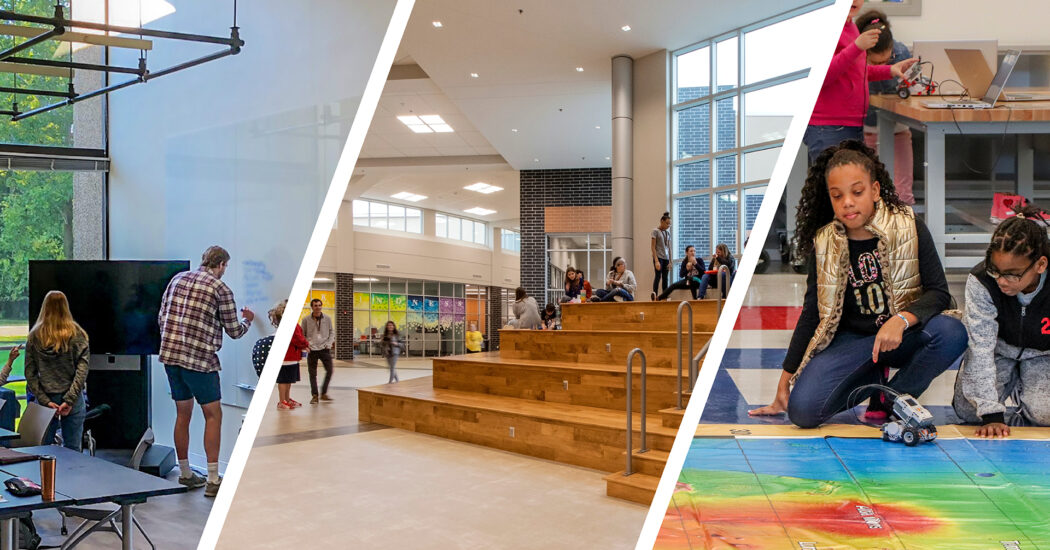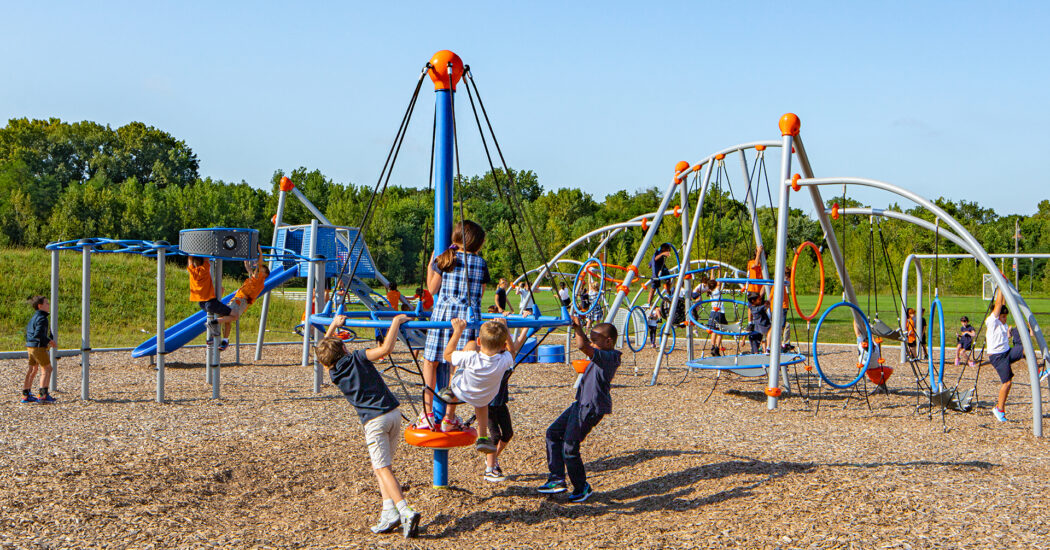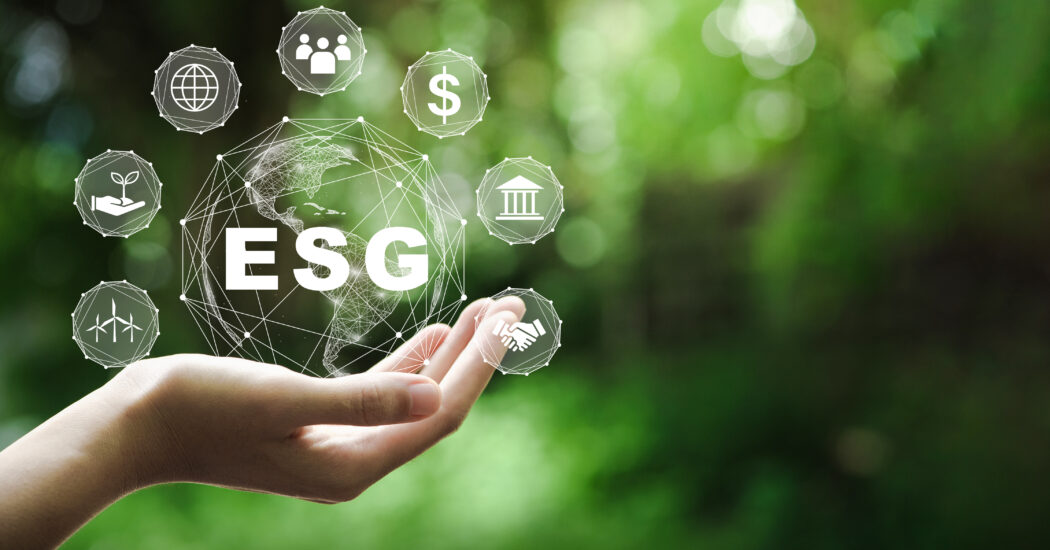Sustainable Project of the Month
-
Category
Innovation -
Posted By
Schmidt Associates -
Posted On
Jun 21, 2013
Indiana State University Scott College of Business
The Scott College of Business at Indiana State University was recently awarded LEED Silver Certification. This was no easy feat considering that the building’s mechanical system only contributed 1 point towards the goal. The project was completed last fall and involved the adaptive reuse of a 1930s Federal courthouse into a state-of-the-art university classroom building. To learn more about the project, visit the Indiana State University link below:
Indiana State University’s Scott College of Business Portfolio Fall 2012 Magazine
Breakdown of the points obtained for the project was as follows:
Sustainable Sites Design – 19 – The location of the project works great for alternative transportation, and development density and connectivity. A total of 19 of the projects 51 points were achieved in Sustainable Sites.
Water Efficiency – 6 – Water efficient landscaping was provided with no irrigation used. Water use in the building was 30% better than the baseline, utilizing dual flush fixtures, and aerated, metered faucets.
Energy & Atmosphere – 4 – The project meets the project baseline for optimizing energy performance (ASHRAE 90.1 – 2007) but does not exceed it. Points were obtained for enhanced commissioning and enhanced refrigerant management.
Materials and Resources – 7 – Reuse of the existing building contributed points. The project diverted more than 75% of its waste from disposal. The use of materials with recycled content and located within 500 miles of the project site (regional materials) also contributed points.
Indoor Environmental Quality – 9 – The project utilized low-emitting materials throughout. The project also utilized systems with a high level of controllability for user comfort.
Innovation & Design Process – 2 – A point was obtained for having a LEED AP on the project. A point was also awarded for utilizing the building as a teaching tool for sustainable building practices.
Regional Priority – 4 – The project was awarded the maximum number of regional credits for development density, bicycle use, heat island roof, and building reuse.








